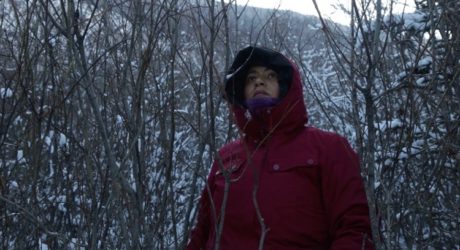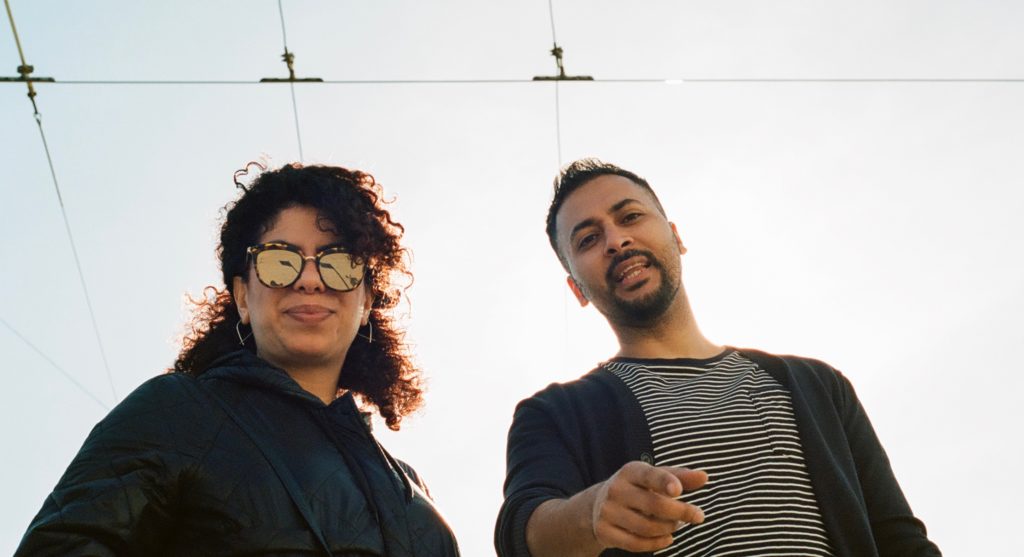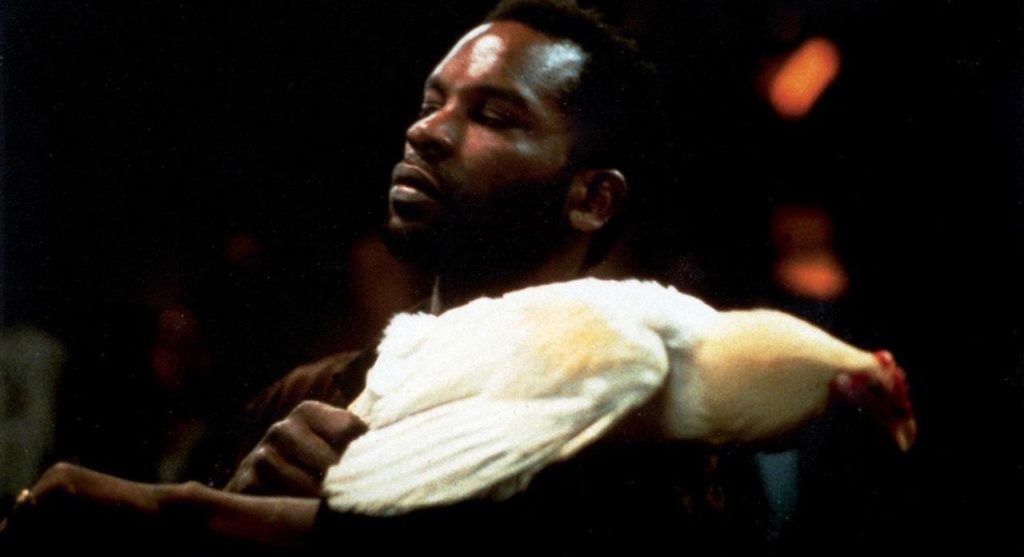
Sarah-Tai Black is a programmer and arts writer based in Toronto. Since 2017, she has curated Black Gold — a monthly screening series at The Royal Cinema dedicated to celebrating black screen icons and filmmakers.
On March 7th, to celebrate its second anniversary, Black Gold will be screening a rare 35mm print of Claire Denis’ little-seen sophomore feature No Fear, No Die (1990). The film stars Denis’ frequent collaborators Isaach De Bankolé and Alex Descas as Dah and Jocelyn, business partners from Benin and Martinique (respectively) who organize a cockfighting ring on the perimeter of Paris. Dah meticulously trains the animals, while Jocelyn manages the financial affairs with their baleful boss and landlord (played by Jean-Claude Brialy). Like Denis’ filmography that would follow, No Fear is quietly revelatory. Inspired by the writings of Frantz Fanon it is, in Denis’ own words, an exploration of a “special type of neurosis — colonized people feeling psychologically defeated even though they are physically free to determine their future.”
We spoke with Sarah-Tai Black about the film and Black Gold’s past and present in advance of Thursday’s screening (click here for event details).
When did you first encounter No Fear, No Die and what prompted you to select it for this milestone?
I first encountered No Fear, No Die when I started digging deeper into Denis’ earlier films, just after I was introduced to Trouble Every Day (2001) while in film school (oddly enough, this was my first introduction to her work and not Beau Travail [1999]). I was really interested in the way she worked these ideas around resource, land,
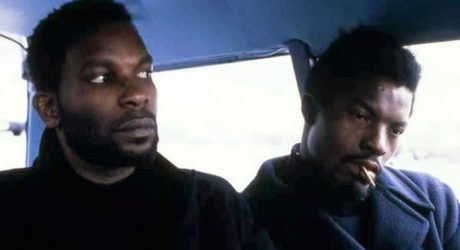
The film opens with a quote from the crime novelist Chester Himes: “every human being, whatever his race, nationality, religion, or politics, is capable of anything and everything.” In what ways do you think No Fear fits thematically into Denis’ body of work, and in what ways (if any) is it an outlier?
I think that masterful durational element that’s present within most of her filmmaking is utilized in such a gorgeous, embodied way in No Fear. Here specifically, it’s a really effective visual and cinematographic counterpart to the psychic pressure of colonialism, of whiteness that the film’s characters are subject to. I think Denis is so adept at turning feeling into presence in this way, whether it’s the
You’ve said that Black Gold was born from a desire to “create a space where black people can see themselves on screen but also see themselves reflected in the seats and the programming.” Given the ubiquity of home streaming, how can repertory programming contribute to community building?
Discourse! Discourse is so important and I’m so appreciative of all the feedback I get from folks who attend my screenings. I think particularly for those who are part of marginalized communities, that aspect of making space in the first place is so important. It’s a signaling of a space, culturally and physically, specifically made for ourselves. Being, I suppose, interpolated into space in that way is much different than watching a film on your own at home. It’s that feeling of knowing something is meant, definitively, for you. That’s also why tickets are free for members of the black community! It’s just so important to me to have that collective, shared space, and even moreso, to have access to it.
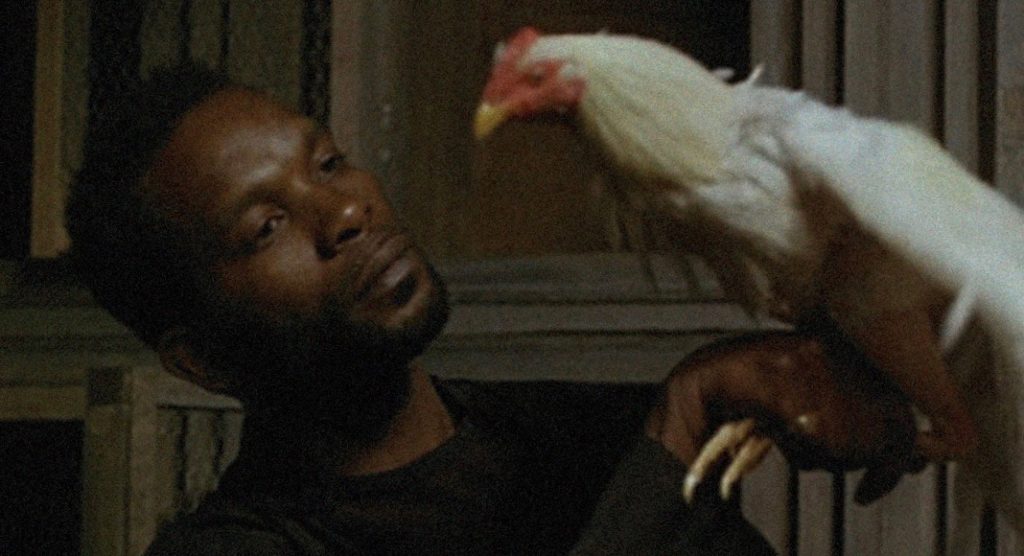
Looking back on the last two years of Black Gold, what have been some highlights and what do you see for the series going forward?
A big highlight for me was our first guest, Lizzie Borden, who joined us for a Skype Q&A after we screened a 35mm archival print of Born In Flames (1983) for our first anniversary. She was just so great and on point; that night was a wonderful moment overall. I really love being surprised by audiences in terms of high attendance where I’d assumed there’d be…well, none. Touki Bouki (1973) and Portrait of Jason (1967) both did really well in terms of audience and it was really inspiring to see folks come out to see films which are, obviously, great and generative in some way, but have historically not been often shown in repertory cinemas like The Royal. Likewise, I was blown away by the
Going forward I’m looking forward to bringing in more guests and highlighting some more underseen gems. 2019 is shaping up to be really great in terms of important works that don’t often screen, and I’m really excited for everything that’s going to be coming down the line.



